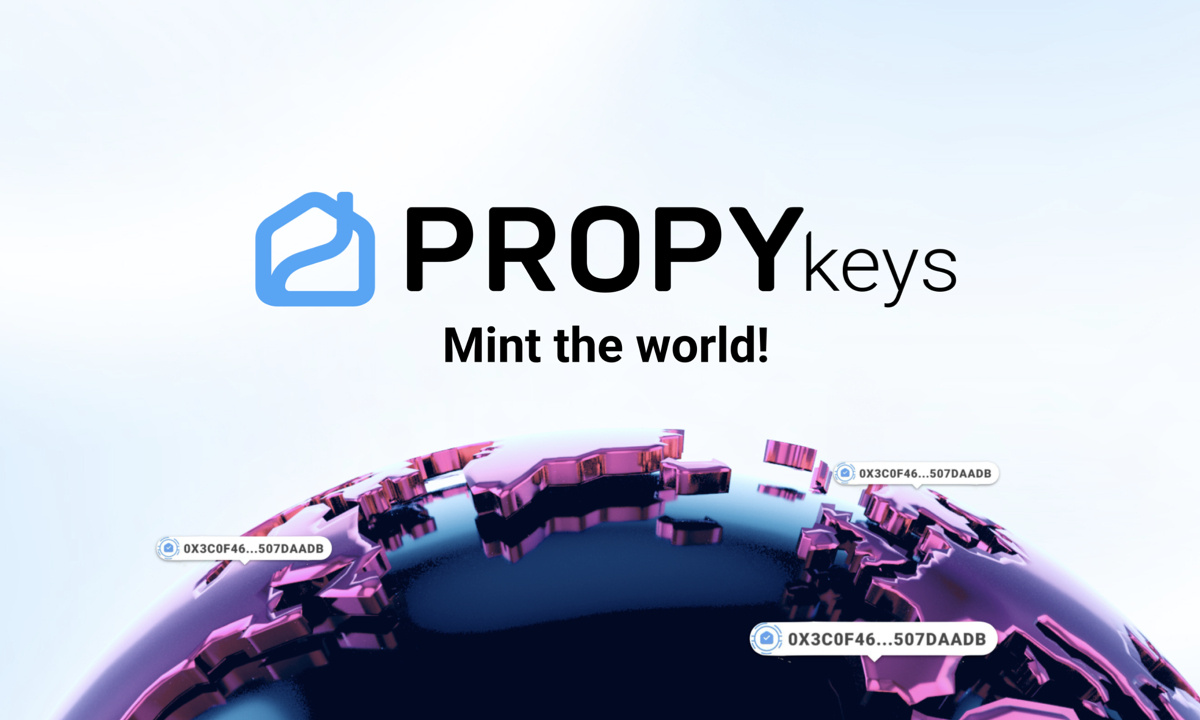For quite a while, the system of healthcare worldwide has battled salient issues. The outbreak of the novel coronavirus-COVID-19 seems to have revealed the flaws in different health systems. The health system is no doubt in need of serious answers.
Unfortunately, the difficulties the health system faces right now are just a shadow of pre-existing conditions that health workers, professionals, and companies have battled. If and when the world emerges from the pandemic, the present health system may still not be equipped to deal with the world’s ever-increasing population.
Perhaps, the light ahead of the tunnel in every industry now is blockchain technology. With the rapid adoption of this technology by the world's leading companies, the question remains: can blockchain solve the problems healthcare is battling? Some of the solutions the technology offers are discussed in this article.
BLOCKCHAIN CAN HELP BURY COUNTERFEIT DRUG PRODUCTS
Counterfeit medications are, no doubt, one of the biggest problems faced by healthcare professionals. Sadly, even with the various strict laws and border regulations, countries have enacted over the years, the problem is still as big as ever. According to a report by the World Health Organization (WHO) in 2011, 64% of antimalarial drugs consumed in Nigeria were fake. These drugs were reportedly imported from China and India. Every year, thousands of deaths are linked to the consumption of counterfeit drug products.
Fortunately, blockchain technology was built on transparency and immutability. The adoption of blockchain technology by pharmaceutical companies will ensure that every drug manufactured, distributed, and consumed is verified using the blockchain cryptography. Also, the technology would be the most reliable means of digitizing drug production. Indeed, this would be a game-changer for every producer of pharmaceutical drugs. In the long run, producers of fake drugs would be discouraged, and deaths attributed to counterfeit drugs will reduce drastically.
BLOCKCHAIN CAN HELP MANAGE HEALTH INFORMATION
The 21st century has marked the beginning of exponential growth of digitized systems; every industry is working towards a paper and stress-free life. The health industry has witnessed a significant drift from the traditional, hand-written patients' history to digitized systems. In many developed and developing countries, it is common to find doctors and other health professionals taking a patient's history on an iPad, laptop, or other devices.
However, digitization comes with its perks. Patient’s data are the most sensitive information in the medical world, and they need to be carefully managed; the blockchain offers just that. By using blockchain to store, distribute, and manage health data, every access can be tracked and accounted for. Also, the hacking of patients' medical data can be submerged.
On March 27th, IBM announced that the blockchain project, MiPasa, would be used to manage health data in the COVID-19 pandemic. This is a step further in the adoption of blockchain in achieving quality healthcare.
BLOCKCHAIN WILL TRANSFORM HEALTH INSURANCE
Finding a comprehensive health insurance policy in healthcare has been burdensome because of the painstaking process of verification, security issues, and third-party costs. This has made patient care expensive and has caused some distrust between patients and insurance companies.
However, the adoption of blockchain in health insurance can ensure a swift means of data exchange between hospitals, pharmaceutical companies, and insurance companies. This would save costs, increase trust, and health insurance can become as active as ever.
Blockchain is providing solutions for many industries today; medicine is not left out. From saving costs to effective patient care and preventing morbidity and mortality, blockchain in medicine will improve many threatened aspects of human medicine.
Investment Disclaimer







